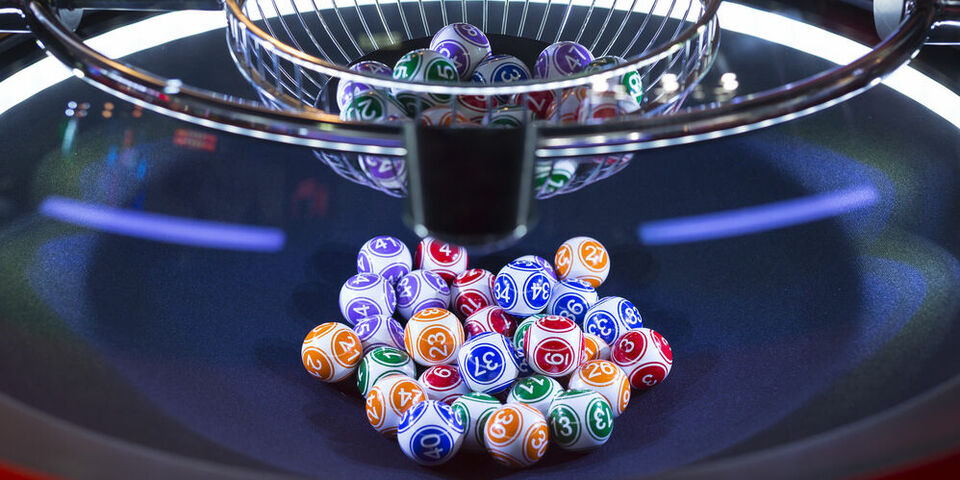House of Representatives wants to reinstate admission by lottery
If it were up to the House of Representatives, the selection tool by which students are admitted through a lottery will be reinstated for programs with a capacity limitation. A majority in the House voted in favor of lifting the ban on the lottery system. TU/e still has three programs with decentralized testing next academic year. Rector Frank Baaijens says that TU/e will “in principle stick to the current selection procedure.”
Some programs will only admit a certain number of first-year students, for instance because there aren’t enough teachers or facilities. TU/e also has three Bachelor’s programs (Computer Science & Engineering, Architecture, Building and Planning and Industrial Design) for which a ceiling on intake numbers will apply next academic year. This means that prospective students will be ranked for admission based on the results of a decentralized test. In the past, it was possible to be admitted to these programs through lottery, but that system was abolished in 2017.
The current selection procedure was greeted with objections: it supposedly increases performance pressure among high school students. In addition, critics say, it leads to inequality of opportunities, for example for students with a migrant background or students from low-income households.
This is why Jan Paternotte, parliamentarian for liberal-democratic party D66, proposed to lift the ban on the lottery system for programs with a capacity limitation during a debate in the House of Representatives last week. His party submitted a motion with this aim, together with Christian Democratic party CDA, and a majority in the House subsequently voted in favor of that motion yesterday. Coalition parties VVD and ChristenUnie voted against the motion.
Rector Frank Baaijens says that the motion asks the minister to reinstate the possibility of a lottery, next to the current selection tools. Baaijens: “In principle, we will stick to our current selection procedure. This demands a serious effort on our side, but it is aimed at making sure that the right student ends up in the right place.”
At this point, says board spokesman Ivo Jongsma, universities are under no obligation to reinstate the lottery system in the short term. “In yesterday’s brief motion, the House of Representatives asks the minister to present a proposal, and the broad array of selection possibilities should once again include lottery. This means that we first need to wait for the minister’s proposal.”
Medicine
Opinions on decentralized selection are divided at medicine programs. Earlier this year, a special interest group for medicine students elicited the views of over three thousand of its members. The survey showed that one in ten sometimes took a, very expensive, course in order to improve their admission chances. One in forty even admitted to having repeated their penultimate year of preparatory scientific education on purpose so that they would have a higher average score on their final exams.
The special interest group describes these trends as “worrisome” and therefore argues in favor of reinstating the lottery system. “Everyone with the proper pre-university training should have the opportunity of being admitted to a medicine program. The danger of the current system is that the group of doctors won’t be diverse enough.”
Advantages
It can’t be said with any certainty whether decentralized selection leads to better or worse doctors. In 2017, researchers at the University of Groningen concluded that there is hardly any difference between study results from students who were selected and those who were admitted after a lottery.
However, selected medicine students supposedly do perform better at Maastricht University. A possible reason for this is that high school students aren’t tested for knowledge at that university, only for competences.


Discussion